One of the most revolutionary inventions in the past hundred years, if not the last thousand, has been the computer. Just as you wouldn’t be reading this without computers, you likely wouldn’t be reading this without these computer scientists and their inventions to make them even better than they already are. Here are 10 computer scientists who changed computer science over the last century and contributed to its massive influence on today’s world.
1. Alan Turing
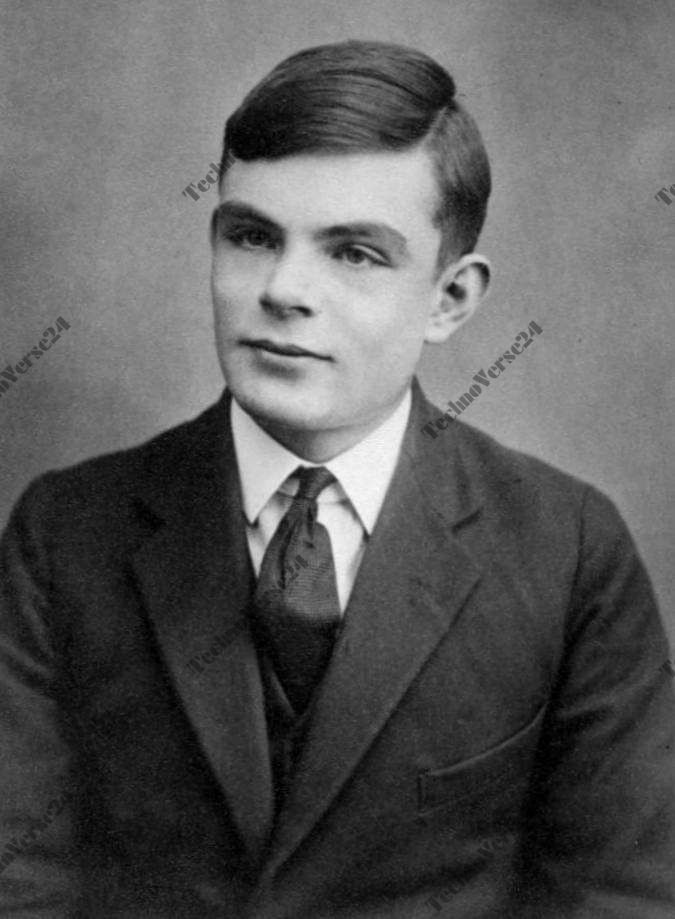
Often called the father of computer science, Alan Turing’s work on artificial intelligence and machine learning laid the foundations for many of the technological advances we enjoy today. A brilliant mathematician, Turing also made significant contributions to code-breaking during World War II. His work on cracking the German Enigma code is said to have shortened the war by two years. In 1952 he committed suicide after being sentenced to chemical castration for his homosexuality. In 2013 British Prime Minister Gordon Brown issued a public apology in Parliament on behalf of the British government and Queen Elizabeth II saying: On behalf of the British government, and all those who live freely thanks to Alan’s work I am very proud to say: we’re sorry. He died in 7 June 1954 at the age of 41.
2. Ada Lovelace
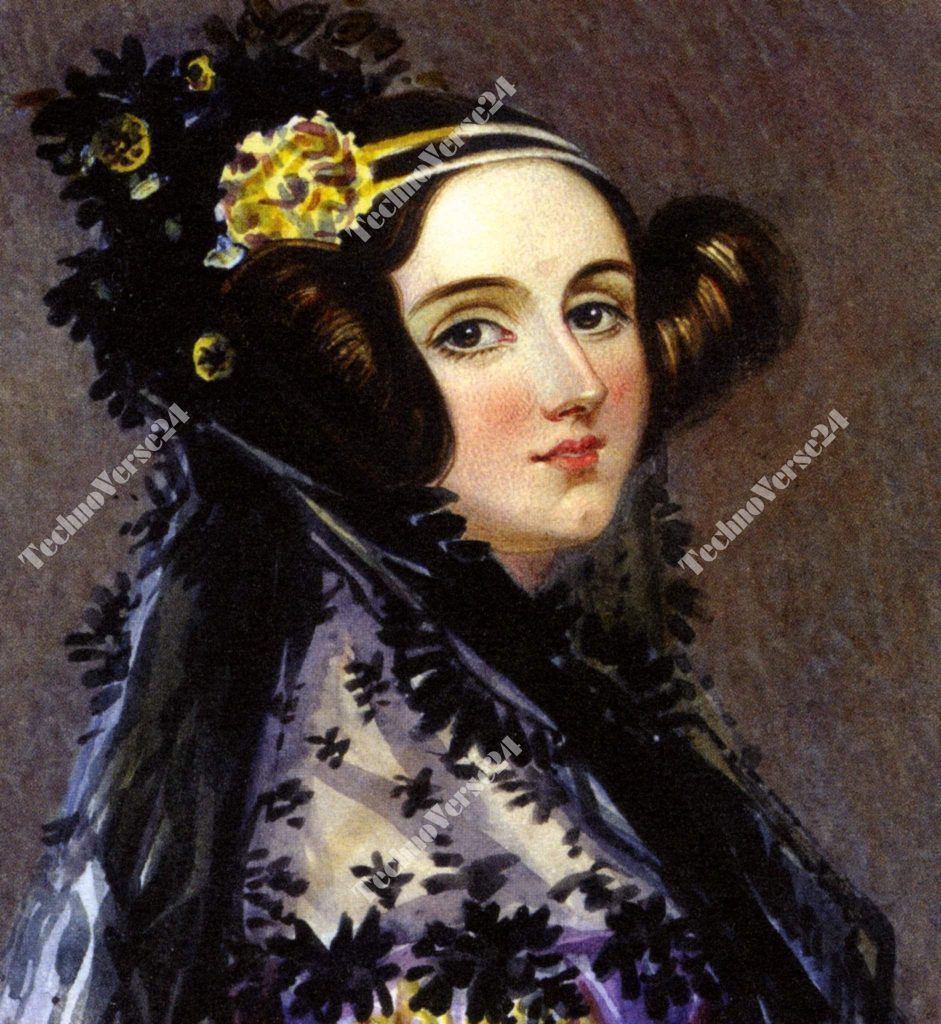
Ada Lovelace is considered to be the first programmer because of her work on Charles Babbage’s Analytical Engine. In 1842, she wrote a program for the machine that calculated a sequence of Bernoulli numbers. Lovelace’s notes on the engine include what is now recognized as the first algorithm intended to be processed by a machine. Her work was instrumental in shaping the field of computer science and technology as we know it today. Though she passed away from uterine cancer before any of her plans could come to fruition, it wasn’t long before her legacy would live on. She passed away in November 27, 1852.
3. Konrad Zuse
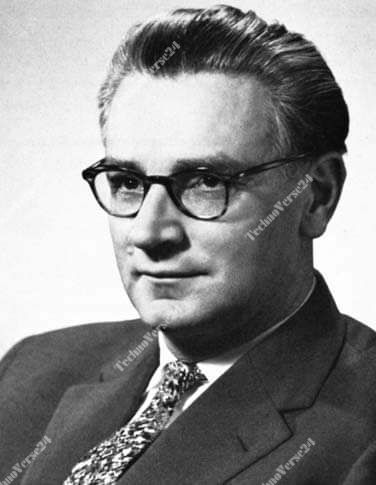
Konrad Zuse is often credited as being the inventor of the modern computer. He was born in Berlin in 1910, and his early work focused on mechanical engineering. In 1935, he created the Z1, one of the first computers that used binary code. The Z1 was followed by the Z2 and Z3, which were both improved versions of the original. During World War II, Zuse worked on developing a code-breaking machine for the German military. After the war, he continued to work on computers, and in 1964 he created the first commercial computer, the Z64. His later years were spent working on artificial intelligence and developing an android. He died on in December 1995 at the age of 85.
4. Grace Hopper
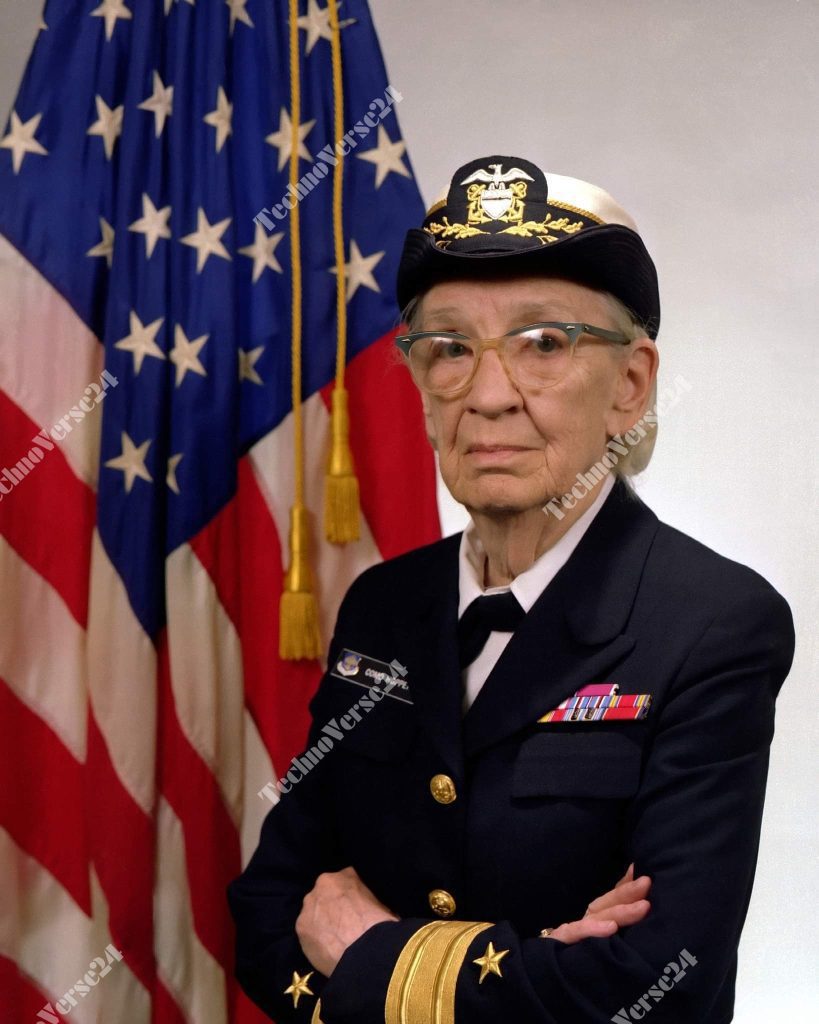
Android smartphones and tablets wouldn’t exist without Grace Hopper. In the 1940s, she worked on a team that developed one of the first computers, the Harvard Mark I. She also invented the first compiler, which translated written instructions into code that a machine could understand. Hopper was an early adopter of high-level programming languages and was influential in developing COBOL, one of the most popular languages ever created. She retired from the Navy in 1986 at the age of 79, but continued to work as a consultant for several years after that. She passed away in 1992 at the age of 85.
5. Dennis Ritchie
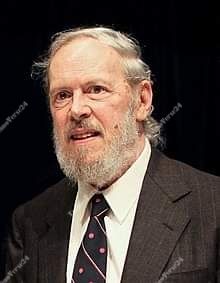
Dennis Ritchie was born on September 9, 1941 in Bronxville, New York. He was a mathematician, computer scientist, and systems engineer. Ritchie is best known for developing the C programming language and for co-inventing the Unix operating system with Ken Thompson. His work has influenced many other programming languages, making him one of the most important figures in computer science history. He died on October 12, 2011 at the age of 70.
6. Tim Berners-Lee

Tim Berners-Lee is a British computer scientist. He was born in London, and his date of birth is June 8, 1955. He is best known as the inventor of the World Wide Web. On March 12, 1989 he proposed to create a global hypertext system. The first web browser, WorldWideWeb was created on August 6th 1990 by Berners-Lee and Robert Cailliau. On November 1993 he founded the W3C (World Wide Web Consortium) at MIT Laboratory for Computer Science with support from the European Commission and headed it until October 1994 when he returned to CERN as an Internet software engineer. In 2001 he received knighthood from Queen Elizabeth II for his contributions to computing. He died on February 01,2019.
7. John Backus

John Backus was born in 1924 in Philadelphia. He was a mathematician and computer scientist who is best known for his work on FORTRAN, one of the first high-level programming languages. He also developed the Backus-Naur Form, a standard notation for describing the syntax of programming languages. Backus died in 2007 at the age of 82.
8. Donald Knuth
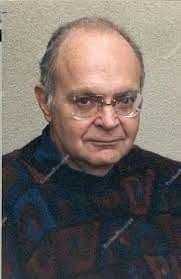
Donald Knuth was born on January 10, 1938, in Milwaukee, Wisconsin. He is an American computer scientist and mathematician. He is the author of The Art of Computer Programming and Literate Programming. He is also a recipient of the Turing Award. He received his Ph.D from the University of California, Berkeley in 1962.
In 1974 he joined Stanford University as Professor Emeritus but still teaches there.
He became famous for developing TeX programming language for mathematical typesetting and Metafont for font design when he worked at Darmstadt University of Technology (1965-1974).
Some other contributions include Fortran Compiler Construction which contains techniques used to optimize compilers; a version of BASIC that ran on IBM System/370 mainframes; Unix manual pages written with LaTeX; Unix’s spell command and literate programming (a form of structured programming).
9. Niklaus Wirth
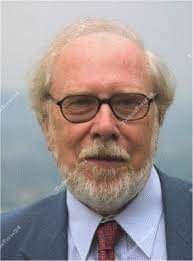
Niklaus Wirth was born on December 15, 1934, in Winterthur, Switzerland. He is best known for his work in programming languages and software engineering. In 1977, he published a paper entitled
“Algorithms + Data Structures = Programs”
which introduced the concept of abstract data types. He also designed several programming languages, including Pascal, Modula-2, and Oberon. Wirth’s work has influenced many aspects of computer science, and he is considered one of the most important figures in the field.
10. Seymour Cray
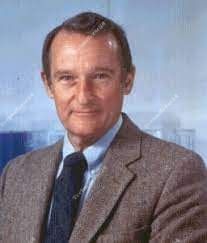
As the father of supercomputing, Seymour Cray’s work in designing some of the first computers powerful enough to be called supercomputers made him a legend in the field. Cray was born on September 28, 1925, in Chippewa Falls, Wisconsin. After receiving his electrical engineering degree from the University of Minnesota, he went to work for Engineering Research Associates (ERA), where he helped design some of the earliest computers. In 1957, Cray left ERA to join Control Data Corporation (CDC), where he designed several more groundbreaking computers. In 1972, Cray founded his own company, Cray Research, which produced a number of notable supercomputers before being acquired by Silicon Graphics in 1996.He died in October 5, 1996.
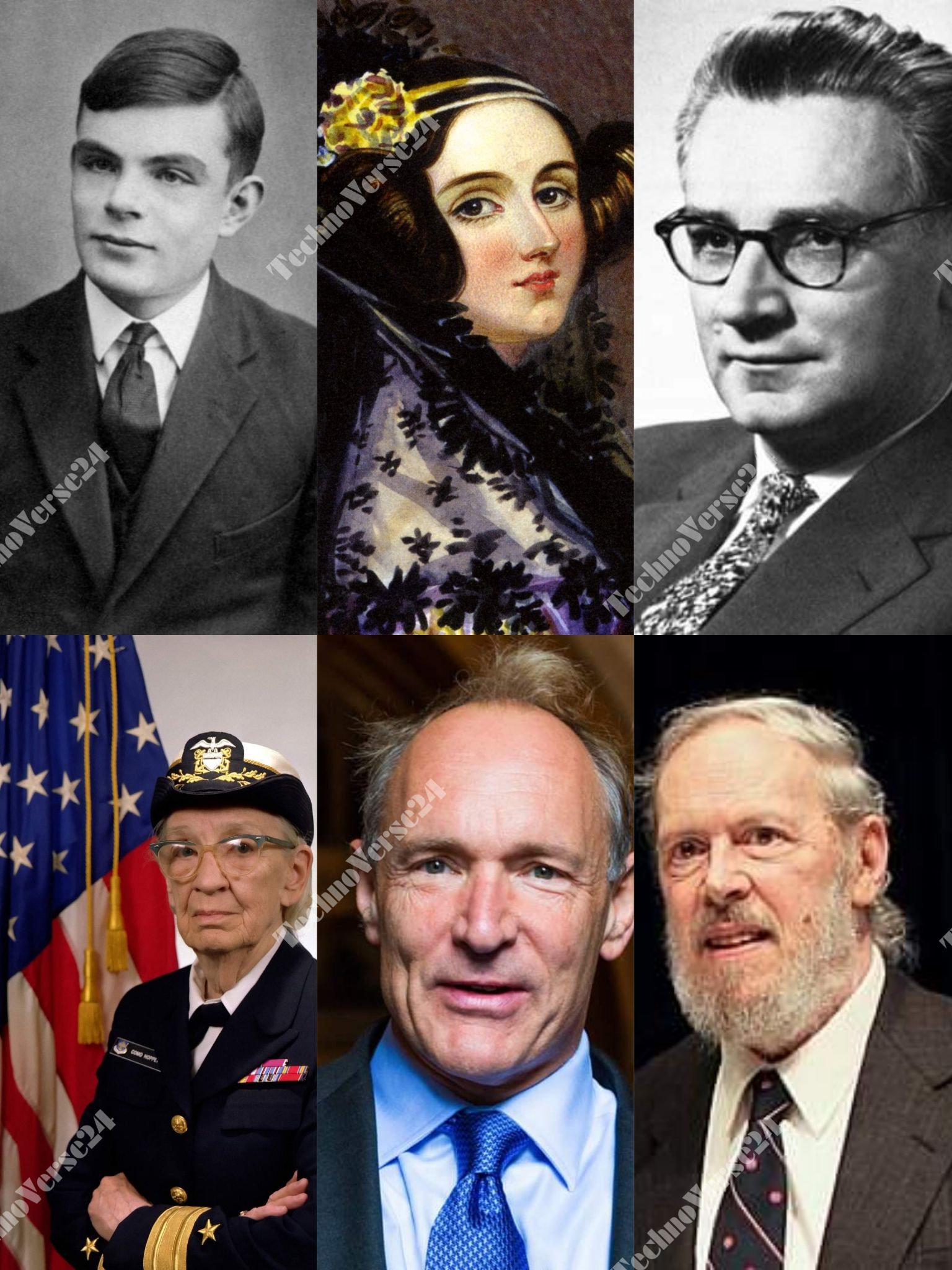


Services are good. Keep up the good work
very helpful blog
Thanks for writting about them.Such a nice blog.
Good informative blog